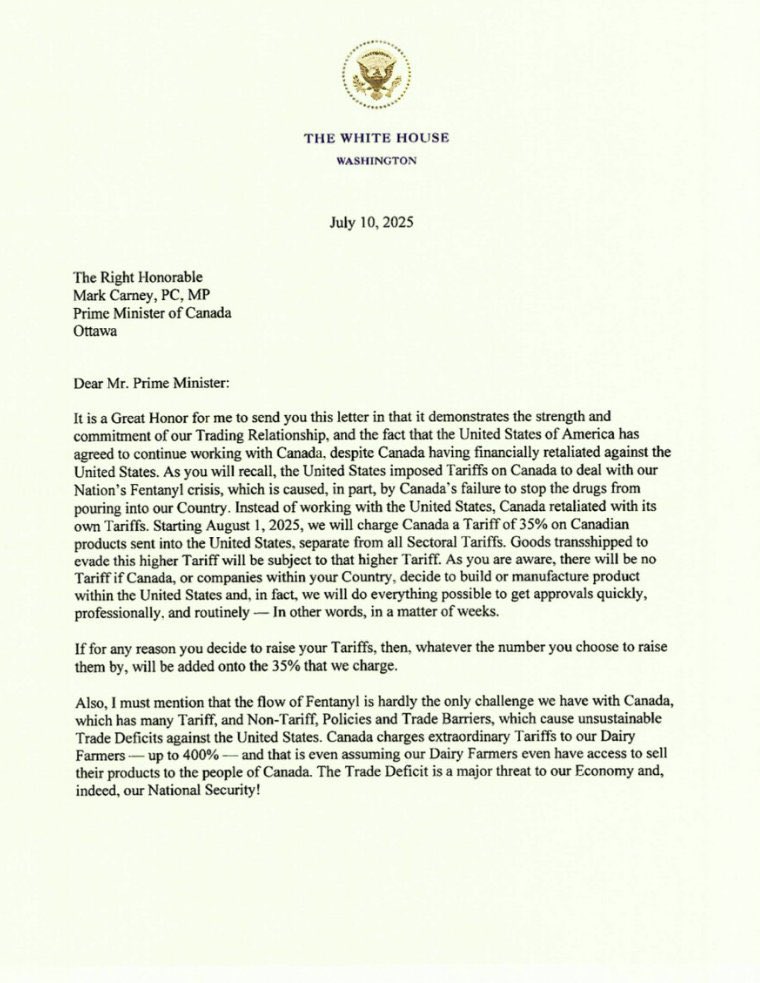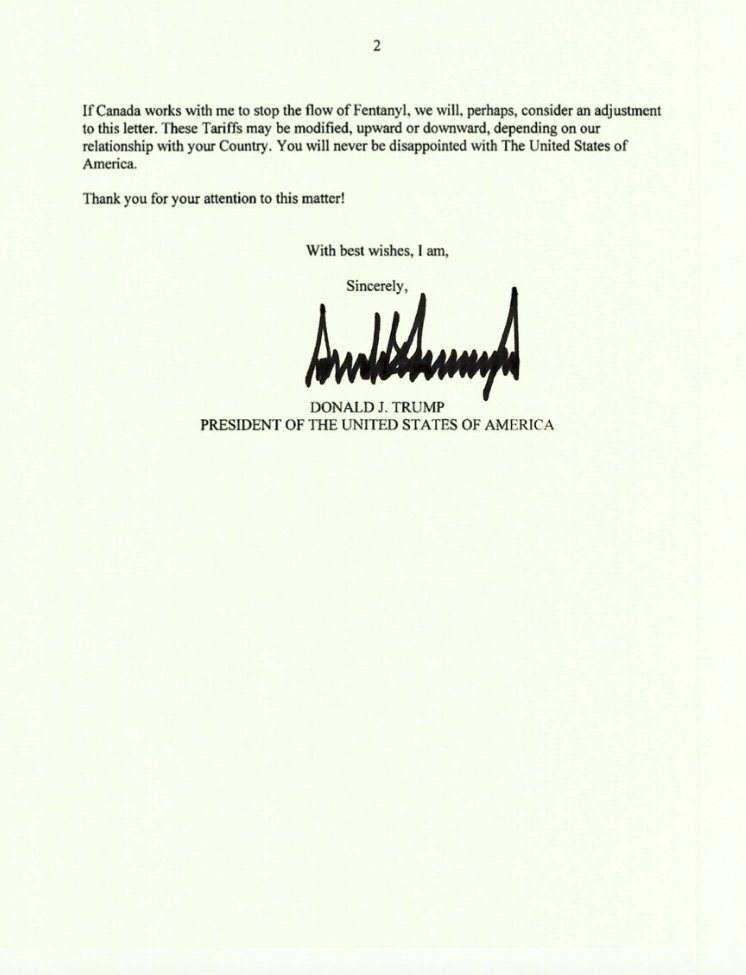North America’s tightly woven technology network took a jolt on 11 July when United States President Donald Trump announced a 35% tariff on Canadian imports not specifically protected by the United States Mexico Canada Agreement. Unless the two governments reach a compromise, the duty will start on 1 August. Currency traders reacted at once: the Canadian dollar lost two percent, and Toronto listed hardware and clean-tech shares fell sharply. Analysts at Monex Europe described markets as “choppy but directionless” while investors weighed the fallout.
What the tariff covers and why it hurts
Trump’s letter to Prime Minister Mark Carney, released by the White House, states that the levy will apply to “most Canadian goods” and could rise further “if Canada retaliates”. Energy exports and certain farm staples remain shielded by USMCA carve outs, but everything from precision robotics parts to cloud server enclosures now faces a cost jump every time it crosses the border. The measure follows a separate 25 per cent tariff on Canadian goods imposed in March 2025, signalling a more nationalist trade agenda.


Technology manufacturers feel the pressure first because their products shuttle across the frontier during development. Lithium-ion modules assembled in Québec can cross into the United States three times for testing, software flashing and final assembly. Agricultural robot components built in Ontario travel to American integrators before returning to prairie farms. Under zero tariff rules those loops were viable; under a 35 per cent levy each leg becomes a margin killer for businesses already coping with high interest rates.
Ottawa’s response and the wider risk to innovation
Prime Minister Carney told reporters that Canada “will defend our workers and businesses as we work towards the revised deadline of 1 August”, echoing a post on X within hours of the tariff’s release. The government has begun industry consultations on counter measures and reopened talks with European Union officials to speed access to EU supply chains. Commentators expect Ottawa to revive its 2018 playbook, which added duties on United States steel, aluminium and selected consumer goods.
Beyond higher prices, executives worry about the signal this move sends. The two countries are still negotiating frameworks on artificial intelligence safety, semiconductor resilience and data privacy. Trade lawyer Vass Bednar noted that “trust takes a hit when policy appears without consultation”, adding that regulatory cooperation could slow. Thinly capitalised clean tech and agritech start-ups are already revising business plans; some boards are exploring assembly routes through Mexico or Europe.
What to watch next
- Market reaction: Investors have treated the tariff as a threat rather than a certainty. A sustained slide in the Canadian dollar would tighten financing conditions for high-growth firms.
- Exemption lobbying: Sector associations are drafting petitions to classify critical components as essential under USMCA side letters.
- Supply-chain shifts: Early moves to relocate production to tariff-free jurisdictions will signal the potential long-term damage.
Takeaway
Canada’s technology sector has grown on friction-free trade with its largest customer. A sudden 35 per cent tariff on thousands of components forces firms to choose between absorbing extra cost, raising prices or relocating production. Whether Ottawa and Washington can reach a deal before 1 August will determine if the continent’s innovation corridor adapts or fragments under economic nationalism.














Comments 1